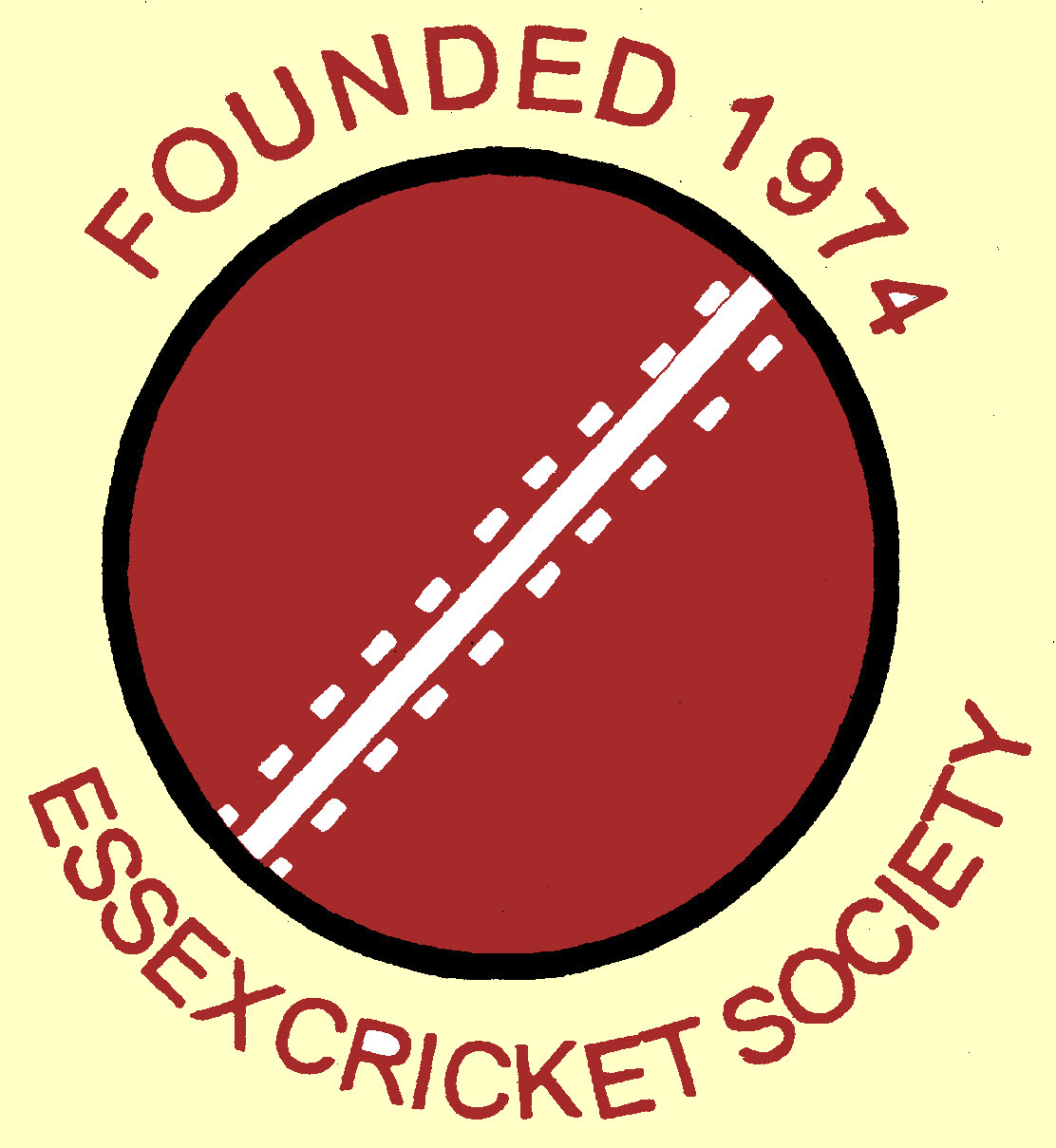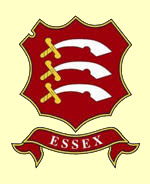Tales from the Boundary
Phil Sharpe
Phil Sharpe was a schoolboy prodigy at Worksop College, once scoring 240 not out against Wrekin. He was on the small size in height, though not girth, with a thatch of tight curled hair which, all of which, allied to a quirky smile, made him look like the Just William of cricket. However, according to Wikipedia, he was despised by Geoff Boycott because of what Boycott perceived as his “social, rather weak and insipid attitude towards cricket”. BUT maybe Phil enjoyed his cricket more.
I must add here that I have great respect for Boycott the batsman. In my opinion he should not have been dropped after scoring 246 not out versus India in 1967. He had after all set up the side to win.
Anyway, Sharpe was renown as a brilliant slip fielder, allegedly selected for England on this basis alone. He could catch the proverbial swallow with consummate ease and grace. On the rare occasions when the ball went through the slips his lack of grace when chasing after it drew comment AND an acknowledging smile from Phil himself.
He was, however, a more than useful batsman, averaging 46.23 in his 12 Tests, against a career average of 30.73 in 493 matches, with just 29 centuries but 111 fifties. All of this suggests he was not lacking in temperament for the big occasion. I believe he should have gone to Australia in 1970-71.
The Yorkshire side of the 1960's, winners of the County Championship in 1959, 1960, 1962, 1963, 1966, 1967 and 1968 was (in my memory) Boycott, Sharpe, Padgett, Hampshire, Taylor, Close, Illingworth, Binks, Trueman, Wilson and Nicholson plus Richard Hutton (and a few others).
County Championships, especially with matches over three days, are won by scoring enough runs quickly enough to allow enough time to dismiss the opposition twice and so win enough matches. (And that's enough of 'enough' for the 'MO' (Modus Operandi)).
The Yorkshire skipper of this time, Brian Close, had never been afraid to be aggressive, sometimes to his spectacular downfall in Tests. His side, almost to a man, backed him up. The one who (possibly) did not was Sir Geoffrey, who mostly opened with Phil Sharpe. Inactivity on Boycott's part must, I suggest, have required his partners to take more risks than they might otherwise have done. However, so long as Geoffrey scored 50 by lunch, 100 by tea-time and 150 by close of play he had done his job, so long as he did not pinch the strike too much.
Imagine being Boycott's partner, wondering if he might run a single early in the over and fearful he might run one late on and consign his partner to watching from the non-striker's end. There's always the risk of nodding off and being only half awake when finally comes the chance to bat. Such quite often was Phil Sharpe's fate.

